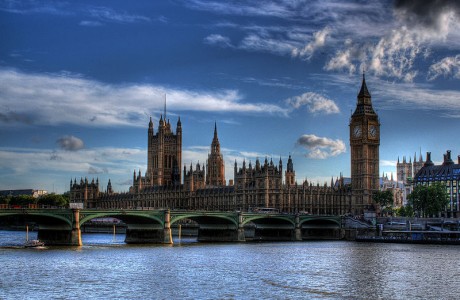The Budget’s bombshell increase in the supplementary charge on corporation tax is posing a significant threat to North Sea oil and gas production, warn reports by Oil & Gas UK and separately Professor Alex Kemp and Linda Stephen of Aberdeen University.
The Chancellor raised the supplementary charge from 20 per cent to 32 per cent, resulting in a tax rate on UK oil and gas production of between 62 per cent and 81 per cent. Rates were increased from 75 per cent to 81 per cent on older, mature fields subject to Petroleum Revenue Tax (PRT) and from 50 per cent to 62 per cent on younger fields not subject to PRT.
A survey by Oil & Gas UK, the representative body for the offshore oil and gas industry, confirmed that the tax hike has already started to bite. It finds that the higher tax has rendered marginal 25 projects accounting for some £12bn of capital expenditure and 1.04bn barrels of oil and gas reserves. The industry body estimates that the foregone investment will cost around 15,000 jobs and curb tax revenues by £15bn-£20bn. Furthermore, lost oil and gas production equating to more than a year’s domestic supply would necessitate £50bn of energy imports.
The Aberdeen University study paints an even grimmer picture. It estimates that up to 2.25bn barrels could remain unrecovered, which would represent a significant portion of the 25bn barrels of reserves estimated to remain around the UK.
Within days of the budget, Norwegian firm Statoil put on hold its $10bn (£6.1bn) plan to develop the Mariner and Bressay fields. But, given existing commitments, most of the impact of the higher tax will only be felt in future years as companies divert investment elsewhere.
“The UK government is making it very tough for people to want to invest in the North Sea,” warns Bill Transier, chief executive of Endeavour International, who added: “The UK is starting to lack competitiveness.” These thoughts are echoed by Centrica, who stated: “With the resultant reduced cash flow and increased fiscal uncertainty, we no longer expect to maintain the previously projected high levels of investment in the UK.”



